A man divided: F Scott Fitzgerald and the birth of Gatsby
Between bouts of drinking, Fitzgerald found the lucidity to write one of the greatest American books of all time. At least partially, it was inspired by his own turbulent relationship, writes Sean Smith

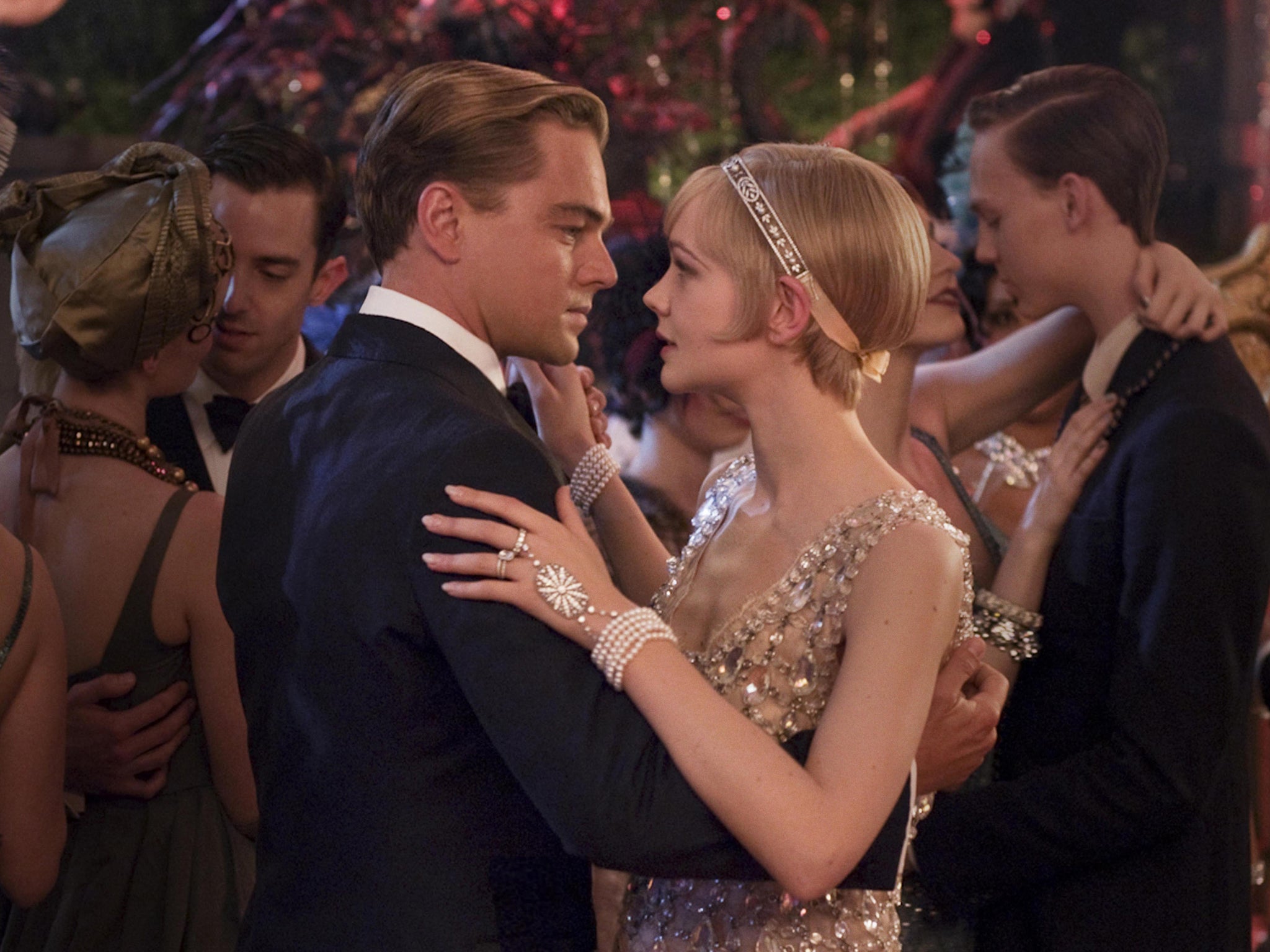
Gifted, charismatic and impoverished, F Scott Fitzgerald fell hopelessly in love with rich socialite Ginevra King while still an undergraduate at Princeton. When the affair inevitably failed, her father was quick to admonish the aspiring writer. “Poor boys shouldn’t think of marrying rich girls.” Had he heeded that advice, Fitzgerald may well have led a longer and happier life but he wouldn’t have gone on to write the greatest novel of the 20th century.
Although he was desperate to break into the inner circle of the Waspish, protestant elite, Fitzgerald’s limited means and Irish Catholic roots would cast him as a perennial outsider or “a poor boy in a rich town; a poor boy in a rich man’s school; a poor boy in a rich man’s club at Princeton,” as he later acknowledged. But his sense of exclusion would also provide his motivation and subject matter: “I have never been able to forgive the rich for being rich and it has coloured my entire life and work.”
After being rejected by Ginevra, a heartbroken, Fitzgerald dropped out of college and joined the army in the vain hope of seeing action overseas before the end of the war. As a young officer, Fitzgerald was stationed at Camp Sheridan in Alabama in March 1918 for basic training. History looked set to repeat itself when he unwisely became infatuated with wealthy southern belle Zelda Sayre, who could take her pick from the wealthy young officers who flocked to her family porch.
But Fitzgerald became her most persistent gentleman caller and he would later use the courtship as a model for Gatsby’s youthful pursuit of Daisy. The rule that officers had to wear uniforms at all times, even while socialising, meant that he could disguise the extent of his threadbare poverty from Zelda. Gatsby later benefits from the same “invisibility cloak” with Daisy.
After being demobbed from the army in February 1919, Fitzgerald proposed to Zelda, who made it clear that she had no intention of being poor: “I’d just hate to live a sordid colourless existence.” In the novel, Daisy dispatches Gatsby less brutally but ostensibly for the same reason.

From that moment the paths of Scott Fitzgerald and his creation, Jay Gatsby, separate into parallel arcs. While Fitzgerald heads to New York in an attempt to win fame and fortune, it’s implied that Gatsby enters the murky underworld as bootlegger to build an enormous fortune in prohibition era Chicago. Both are driven by the same objective: to make themselves wealthy and therefore worthy enough to win the girl.
For Fitzgerald it was far from plain sailing. Having failed to secure a writing job with every newspaper in New York, Fitzgerald eventually settled for an advertising role which paid just $90 a week, hardly enough to think of marrying a girl like Zelda.
In the evenings, Fitzgerald wrote short stories with limited success. When Zelda rebuffed a further proposal in June, Fitzgerald fell into despair and a month-long drinking bender only paused by the introduction of prohibition on 1 July 1919.
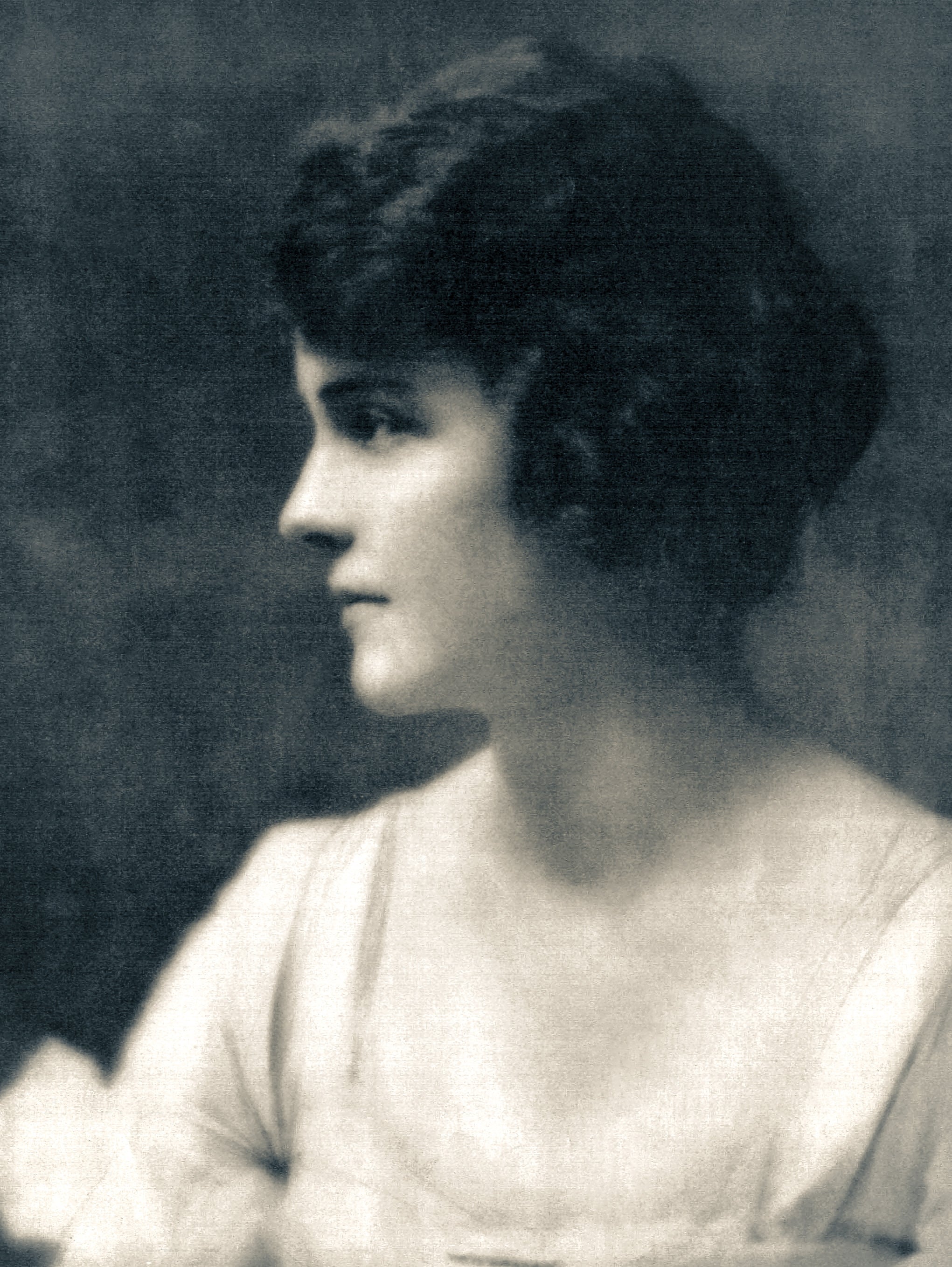
Depressed to the point of suicide, Fitzgerald resigned his job returning to his midwest family home in St Paul, Minnesota, to rework a previously rejected manuscript into a new novel called This Side of Paradise, which he sent to a publisher more in hope than expectation. When they wrote back with their intention to publish, everything changed.
Zelda, delighted that the sudden prospect of fame and fortune pushed Fitzgerald through the threshold of eligibility, accepted his new proposal with brutal pragmatism. “I hate to say this but I don’t think I had much confidence in you at first. It’s so nice to know you can really do things.”
This Side of Paradise was an overnight sensation that would make Fitzgerald the prince and chronicler of the jazz age. But Fitzgerald never forgot or forgave the terms of Zelda’s conditional acceptance and confided in friends that he was struggling to recapture the thrill of their initial courtship.
From the earliest moments of their marriage, they were natural self-publicists. They upstaged gatherings with volatile behaviour and the power of their celebrity. As an Irish Catholic attempting to assimilate into the Wasp nest of American high society, F Scott Fitzgerald knew that social acceptance would be heavily contingent on his ability to be both wildly extravagant and entertaining.
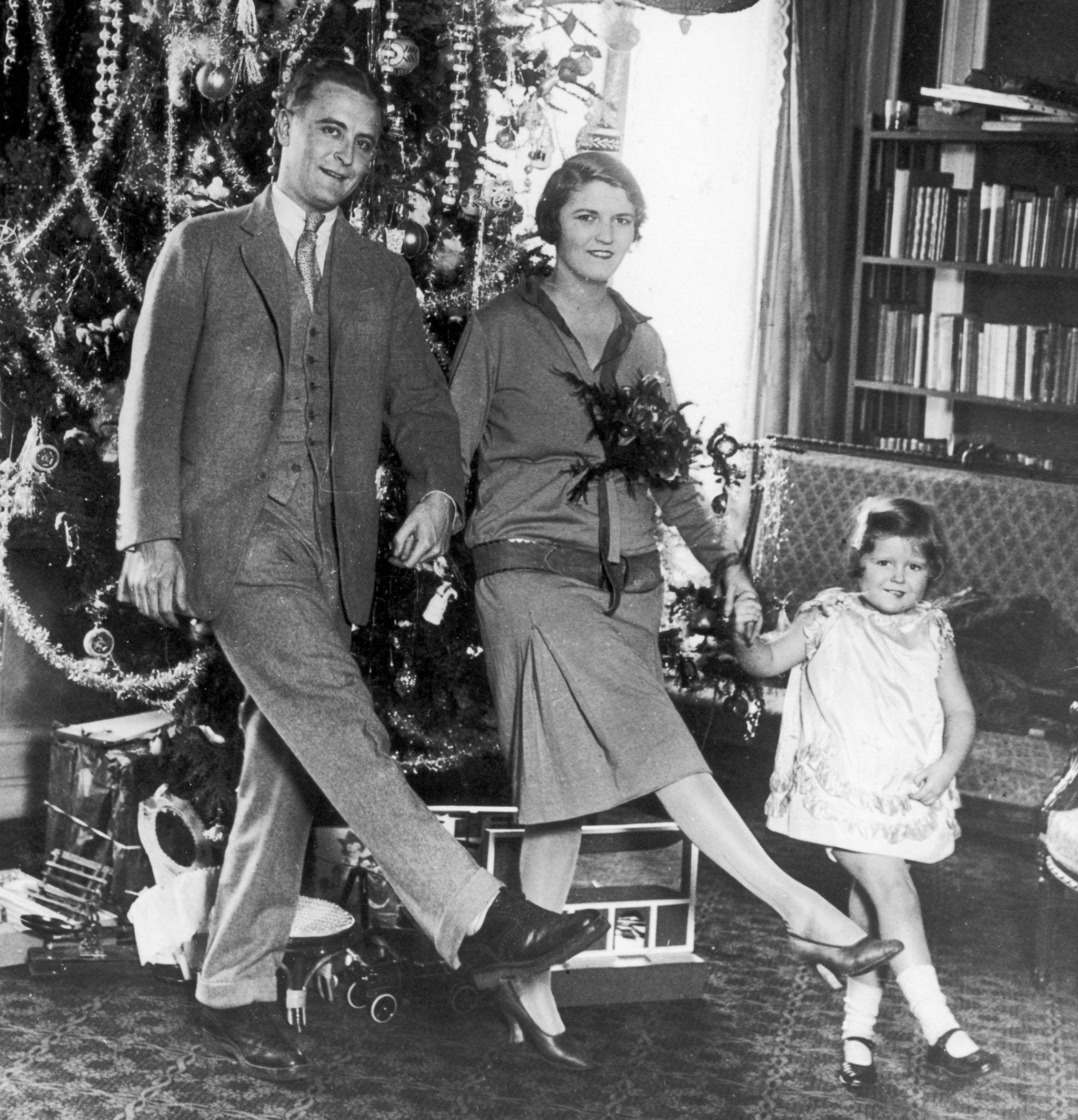
But in private, their alcohol-fuelled rows convinced friends that their marriage would be short-lived. Friends also noticed how theit celebrity lifestyle and Zelda’s expensive tastes made it difficult for Fitzgerald to find the time, space and sobriety to produce work of any real substance.
Fitzgerald was running up huge debts paying for hotels, jewellery, travel and extravagant parties, which he financed by churning out short stories for magazines. Financially, he seemed to be constantly running just to standstill.
Novels were lengthy investments of time and effort with no guarantee of financial success but commercial short stories were a sure thing that kept his creditors at arm’s length.
Fitzgerald quickly came to resent cranking out light and frothy dross to a prescribed formula: “I’ve made half a dozen starts yesterday and today and I’ll go mad if I have to do another debutante which is what they want.”
In contrast, the extravagant Zelda welcomed the lucrative fees offered by the magazines although she later acknowledged the strain it placed on their relationship. “I always felt a story for the [Saturday Evening] Post was tops, a goal worth seeking. It really meant something you know – they only took stories of real craftmanship but Scott couldn’t stand to write them.”
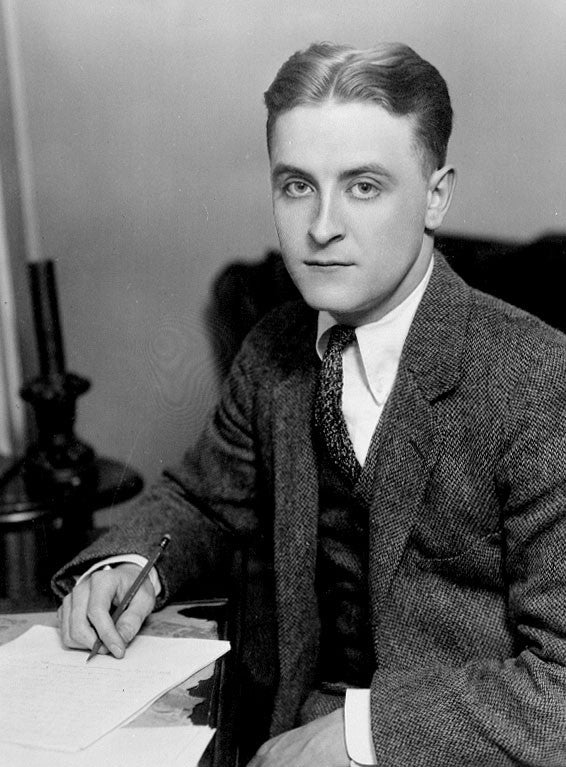
The Great Gatsby’s recurring theme of selling your soul for financial remuneration was beginning to stir in Fitzgerald’s imagination. Exactly a century ago when their only daughter Frances was born, F Scott Fitzgerald was struck by his wife’s welcoming words: “I’m glad it’s a girl. And I’ll hope she’ll be a fool. That’s the best thing a girl can be in this world, a beautiful little fool.” Three years later, he lifted them verbatim into the mouth of Daisy Buchannan in The Great Gatsby.
Fitzgerald was already mining his troubled marriage for material for the masterpiece that would expose the hollowness at the heart of the American dream. But for the time being, at least, Fitzgerald would have to keep cranking out mediocre short stories to pay for their lifestyle.
Although Daisy is infatuated by Gatsby, just as Zelda was smitten by Fitzgerald it becomes clear that her true soul mate is the establishment itself
Fitzgerald felt helpless and resented the way his living costs limited the quality of the work he could attempt. “I can’t reduce our scale of living and I can’t stand this financial insecurity. I had my chance in 1920 to start my life on a sensible scale and I lost it and so I’ll have to pay the penalty. Then perhaps at 40 I can start writing again without constant worry and interruption.”
In September 1922, the Fitzgeralds moved to Great Neck in Long Island to be close to New York, where Fitzgerald’s disastrous first play, Vegetable,was being staged.
Its failure incurred enormous costs and Fitzgerald was forced to clear his debts by producing magazine short stories on an industrial scale, writing for 12 hours without a break and creating entire tales in a single sitting. He confided in a friend: “I really worked hard as hell last winter – but it was all trash and it nearly broke my heart as well as my iron constitution.”
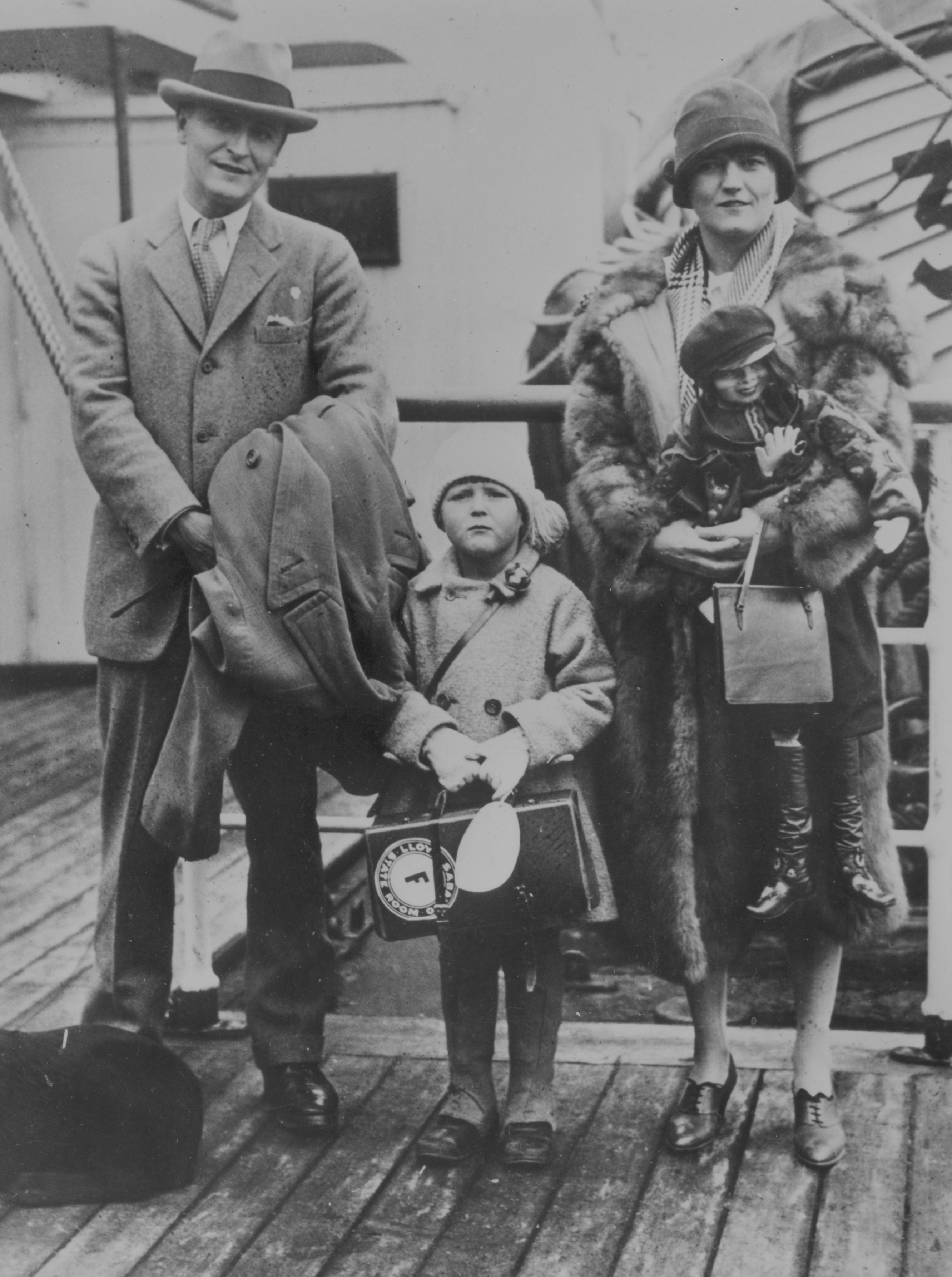
And yet somehow throughout this period Scott and Zelda were still partying hard, spending a staggering $36,000. The parties at Great Neck were to furnish Fitzgerald with much of the raw material for The Great Gatsby and the fictional setting of West Egg – the suburban stepping stone for those aspiring to join the establishment elite in East Egg.
But the decadence was unsustainable. Indebted and exhausted, the Fitzgeralds decamped to France to take advantage of the advantageous exchange rate and to finally give Scott Fitzgerald the time and space to write the serious novel he’d been craving to tackle for so long.
Zelda’s hackles were raised because she could sense that she had become the inspiration for a cautionary tale of idealism corrupted by materialistic greed: “Scott has started a new novel and retired into strict seclusion and celibacy. He’s horribly intent on it and has built up a beautiful legend about himself which corresponds somewhat to the old fable about the ant and the grasshopper. Me being the grasshopper.”
Perhaps that resentment fuelled her affair with French aviator Edouard Josanne in July 1924 while Scott was working on a first draft of The Great Gatsby. The affair was undoubtedly a traumatic turning point which Scott later acknowledged. “That September, I knew something had happened that could never be repaired.”
Fitzgerald even stopped drinking and experiencing what alcoholics call a moment of lucidity, redrafted the relationship between Gatsby, Daisy and Tom Buchannan into sharper focus. The character of Daisy is drawn in a new light – part Ginevra and Zelda, utterly charming but profoundly insincere – capable of capturing the heart of a naïve young man but completely unworthy of a wiser man’s love.
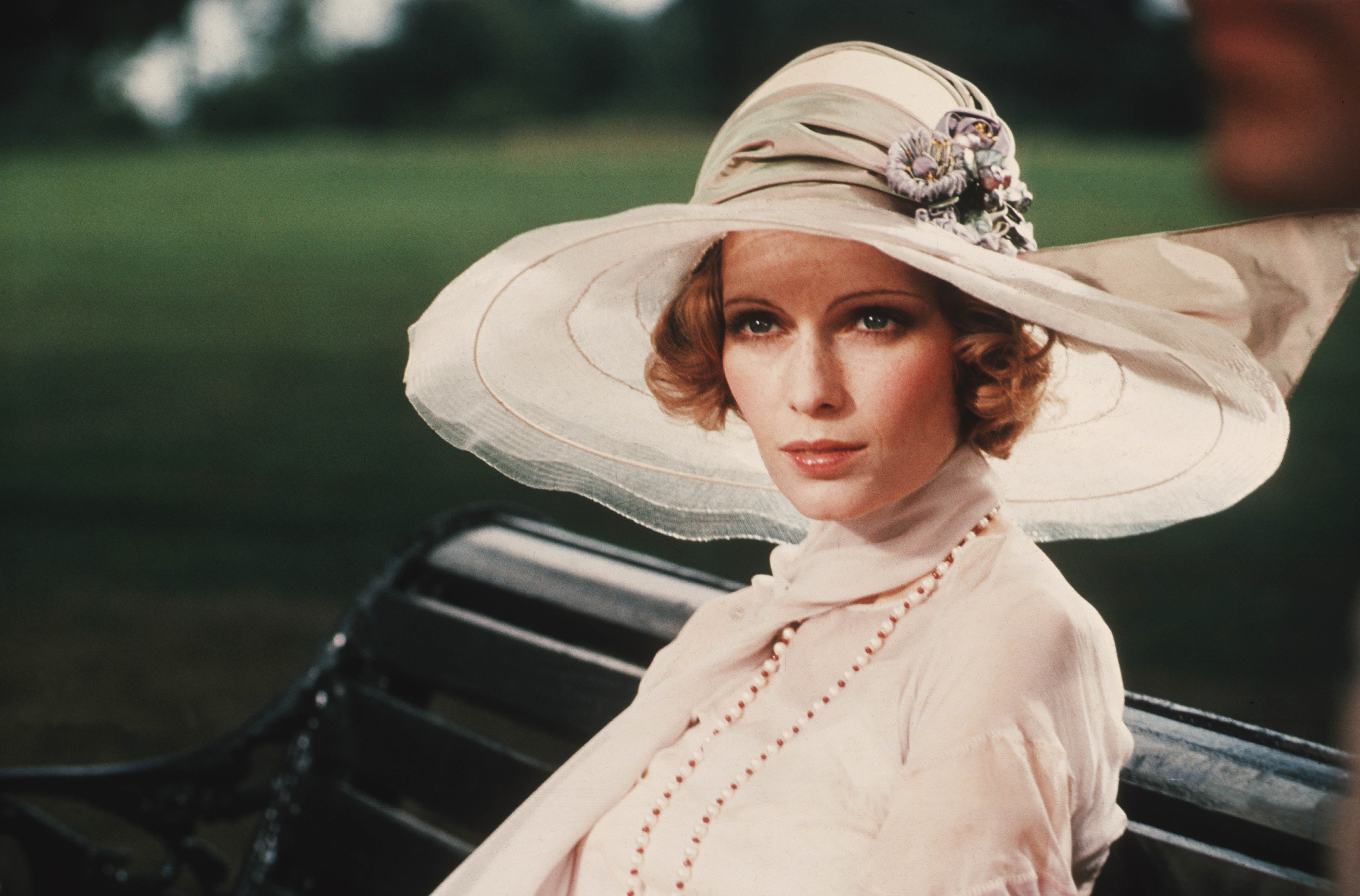
Although Daisy is infatuated by Gatsby, just as Zelda was smitten by Fitzgerald it becomes clear that her true soul mate is the establishment itself, personified by her entitled and arrogant husband Tom Buchannan.
Fitzgerald casts Gatsby as a surrogate for himself – an idealistic and innocent bystander destroyed by his inability to truly understand the rich and their selfish instinct for self preservation .
By hosting extravagant parties held in his West Egg mansion, Gatsby hopes to entice Daisy back from the establishment enclave of East Egg.
Like the novel’s narrator Nick Carraway, most readers are mesmerised by the giddying world of glamourous socialites quaffing champagne cocktails but as an outsider himself, Fitzgerald was also fascinated by the way the enormous wealth of the few depended on the impoverishment of the many and originally planned to call the novel Among Ash Heaps and Millionaires.
The brevity of The Great Gatsby suggests a genius writing at full gallop, making the most of his moment of lucidity to produce his masterpiece before succumbing to the financial allure of Hollywood
Drawing on his own personal experience, Fitzgerald specialises in drawing characters who yearn to break into the ranks of the rich and powerful. Through his vivid depiction of the Wilsons, the unhappily married couple who run the gas station in Ash Valley, Fitzgerald captures the sense of life literally passing them by.
Inspired by TS Eliot’s The Waste Land, Ash Valley is the godforsaken no man’s land symbolically stationed between wealth and want – on the road between East Egg and New York. Beneath the gigantic eyes of a judgmental advertising billboard, the Wilsons are made to feel their humiliating poverty very keenly. In this new era of mass advertising, the poor have been conditioned to conflate their worth with the possessions they can ill afford to buy.
Mr Wilson is even prepared to turn a blind eye to his wife’s affair to buy the expensive car that Tom Buchannan dangles as bait. Through some rather heavy handed symbolism, Myrtle is even mown down chasing after Gatsby’s car recklessly driven by Daisy.
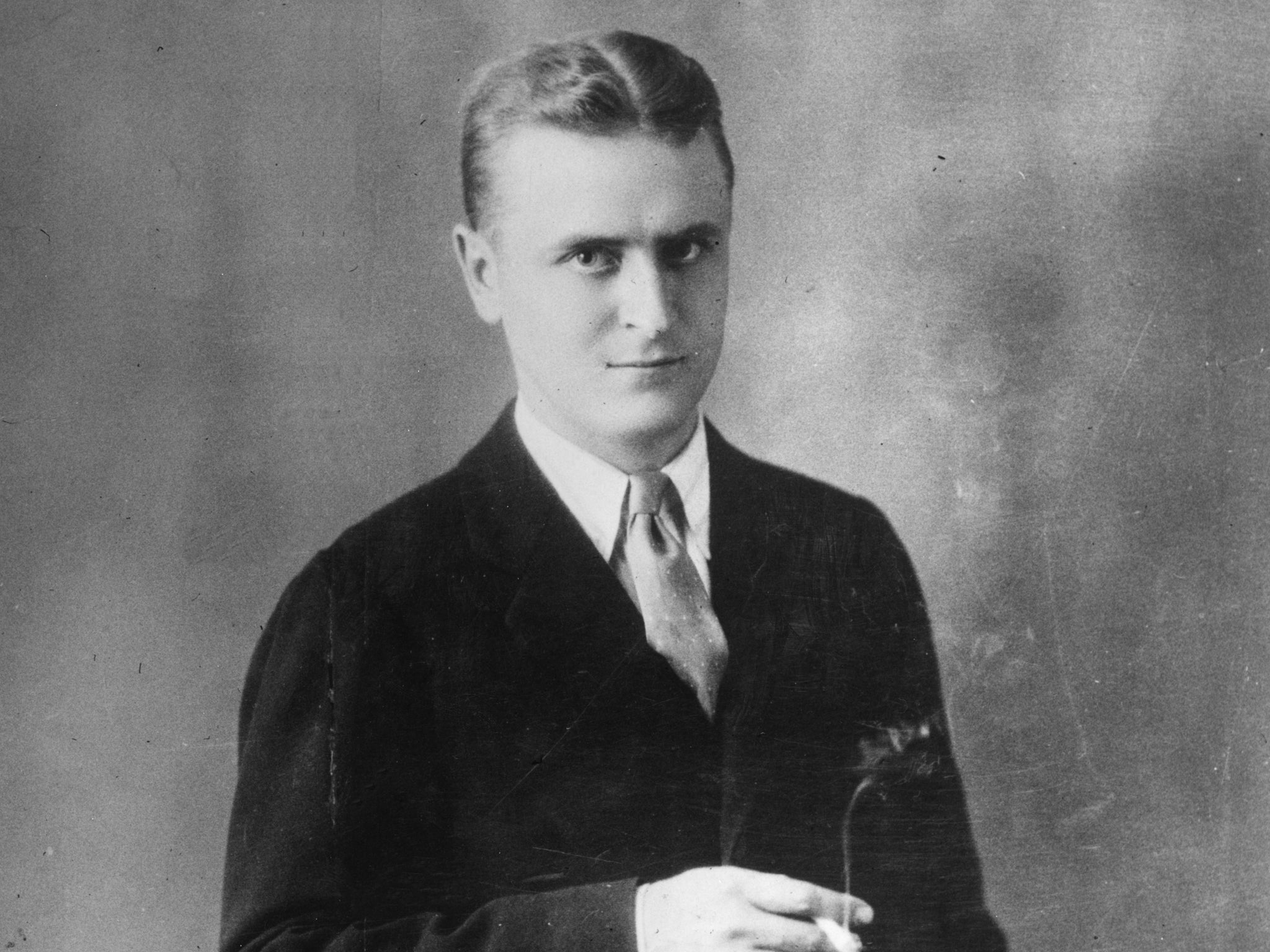
Symbolically, Fitzgerald kills off all of the aspiring dreamers who naively believe they can make the transition to East Egg. A psychotic Wilson takes mistaken revenge on Gatsby before turning the gun on himself. Although the microcosmic casualty list stands at just three, Fitzgerald uses the word “holocaust” to allegorically imply the spiritual death of the macrocosmic millions of ordinary people laid to waste by the social mobility myth at the heart of the American dream.
Through the narrator Nick, Fitzgerald describes the nightmarish, soul destroying, drunken despair of the mortgaged millions trapped in the conformist suburban sprawl financing their personal versions of the dream on hire purchase.
“I see it as a night scene by El Greco: a hundred houses, at once conventional and grotesque, crouching under a sullen, overhanging sky and a lustreless moon. In the foreground four solemn men in dress suits are walking along the sidewalk with a stretcher on which lies a drunken woman in a white evening dress. Her hand, which dangles over the side, sparkles cold with jewels. Gravely the men turn in a house – the wrong house. But no one knows the woman’s name and no one cares.”
West Egg represents aspiration as indebtedness, despair and self-destruction. Gatsby stands as a surrogate for the author: faintly ridiculous, slightly vulgar, ceaselessly energetic, but endearingly idealistic and innocent. Like Gatsby he too had believed that “the rock of the world was founded on a fairy’s wing” but in killing off his “hero”, Fitzgerald surrenders the idealistic innocence of his youth to the cynical pragmatism of real life.
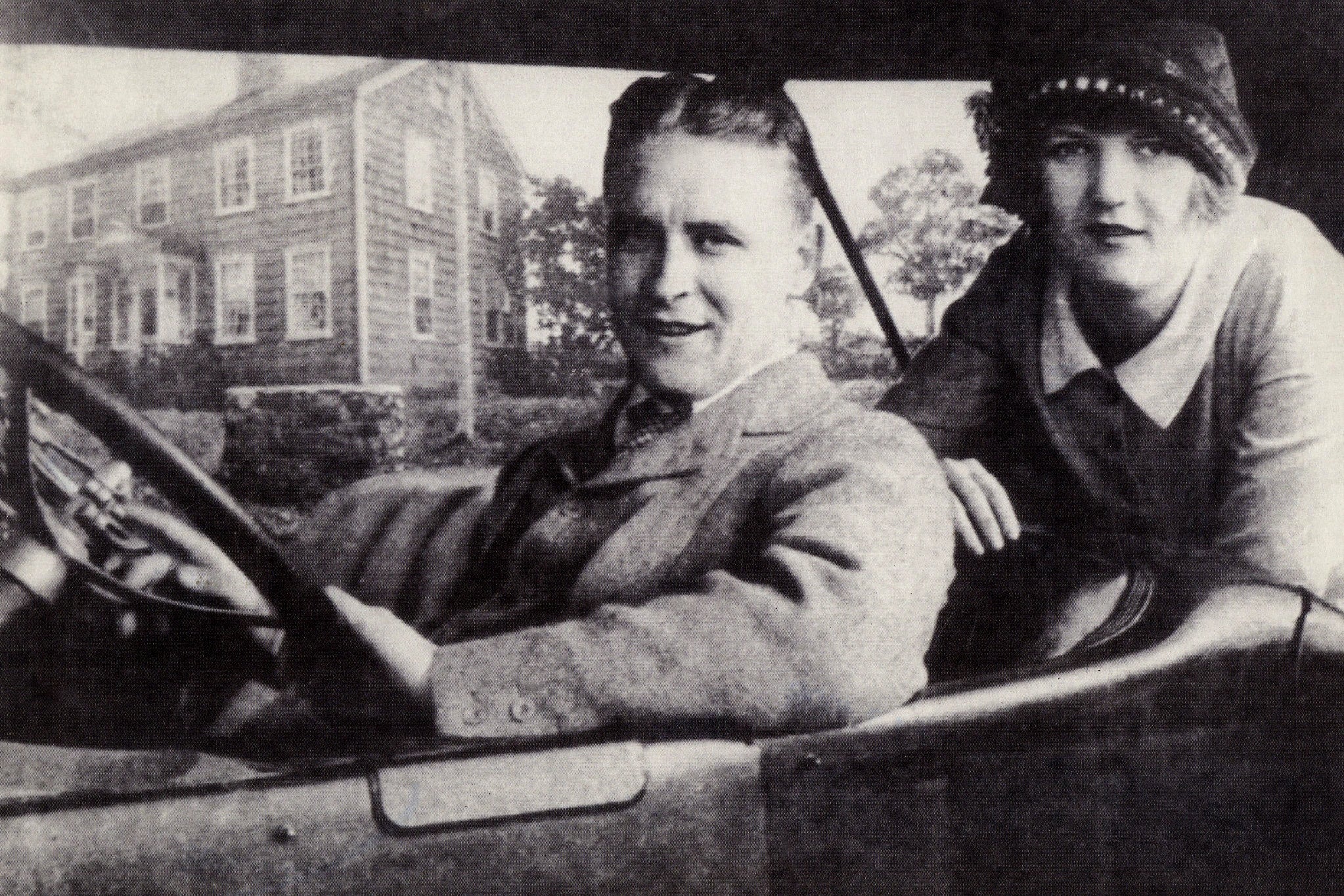
At the end of the novel, Fitzgerald shares Nick Carraway’s epiphany while looking over Gatsby’s folly of a mansion. His compromised patchwork quilt career of glitzy short stories is just like “that huge incoherent failure of a house”.
In the novel, the islands East egg and West Egg may only be separated by a small body of water of water but Fitzgerald makes it clear that in reality, the gap is an ocean. After five years of marriage Fitzgerald had belatedly realised that the only way to get to East Egg was to be born there. Elites may temporarily open their doors to diverting bootleggers or brilliant novelists, but ultimately they repel boarders: you will never belong.
By 1925, Fitzgerald could already sense that there wasn’t going to be a fairy tale ending. The brevity of The Great Gatsby suggests a genius writing at full gallop, making the most of his moment of lucidity to produce his masterpiece before succumbing to the financial allure of Hollywood and his rapid descent into alcoholism.
Towards the end of his life, in a letter to his daughter Fitzgerald revealed how much he regretted prostituting his talent for short-term financial gain. “When I was your age, I lived with a great dream. The dream grew and I learned how to speak of it and to make people listen. Then the dream divided one day when I decided to marry your mother after all, even though I knew she was spoiled and meant no good to me. I was sorry immediately I had married her, but being patient in those days, made the best of it and got to love her in another way. You came along and for a long time we made quite a lot of happiness out of our lives. But I was a man divided – she wanted me to work too much for her and not enough for my dream.”
But The Great Gatsby remains his “fragment shored up against his ruin” – a masterful depiction of how some sacrifice their lives to the pragmatism of making a living and how only the rich are spared that indignity.
Join our commenting forum
Join thought-provoking conversations, follow other Independent readers and see their replies
Comments



Bookmark popover
Removed from bookmarks